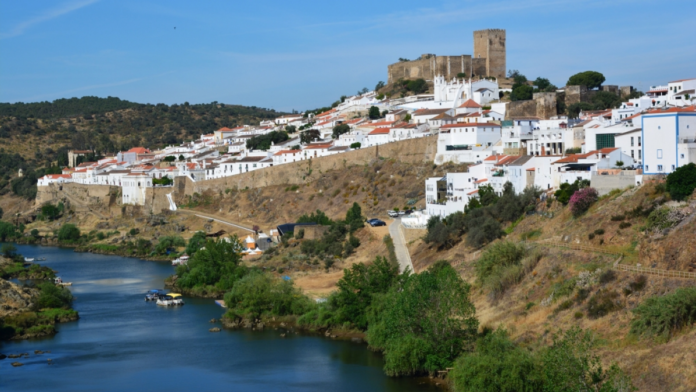Author: Marta Vidal
Affiliation: Freelance Journalist, Martavidalmedia.com
Organization/Publisher: Al Jazeera
Date/Place: June 10, 2020/Doha
Type of Literature: Article
Word Count: 2786
Keywords: Portugal, Medieval History, Muslim past, Moors, Reconquista
Brief:
Journalist Marta Vidal gives a brief historical overview of Portugal’s Muslim past, from its cultural heritage to the erasing of the country’s Muslim history in the 13th century by King Alfonso III of Portugal. Most Muslims were killed, fled or force-converted to Christianity. Only a small number could stay in Muslim ghettos. The end came in 1496, when King Manuel I expelled all Jews and Muslims in order to make the country solely Christian. Although the presence of the Moors, Arabic-speaking Muslims, between the 8th and the 13th centuries helped to shape the Portuguese culture and language, this topic is studied very briefly in Portuguese schools; Moors are often referred to as enemies of the Christian rulers. The fact that Portugal was conquered and ruled by Romans and Germans before the 8th century is not referred to as much as the Muslim conquest. Among other interviewees Vidal interviewed Filomena Barros, professor of Medieval History at the University of Evora. Professor Barros’ diverse curriculum includes teaching about the long period of coexistence between Muslims, Christians and Jews, in order to emphasize the region’s important position as a hub for culture and science. This is in contrast to the Portuguese school curriculum that fosters anti-Muslim attitudes, as in the case of the Portuguese poem The Lusiads, which is taught at schools to celebrate the glory of Portugal’s kings. Such anti-Muslim attitudes further served in the period’s ideological construction of European identity as well as constructing a crusading mentality, by seeing Muslims as “the Other of Europe.” The author concludes with narrations of archaeologist Claudio Torres, researcher Virgilio Lopes and Susana Martinez who aim to make the golden age of Portugal’s coexistence visible—including its Muslim past—by investigating excavations, objects, as well as scriptures of all different kinds.
By: Dilek Yücel-Kamadan, CIGA Research Associate




